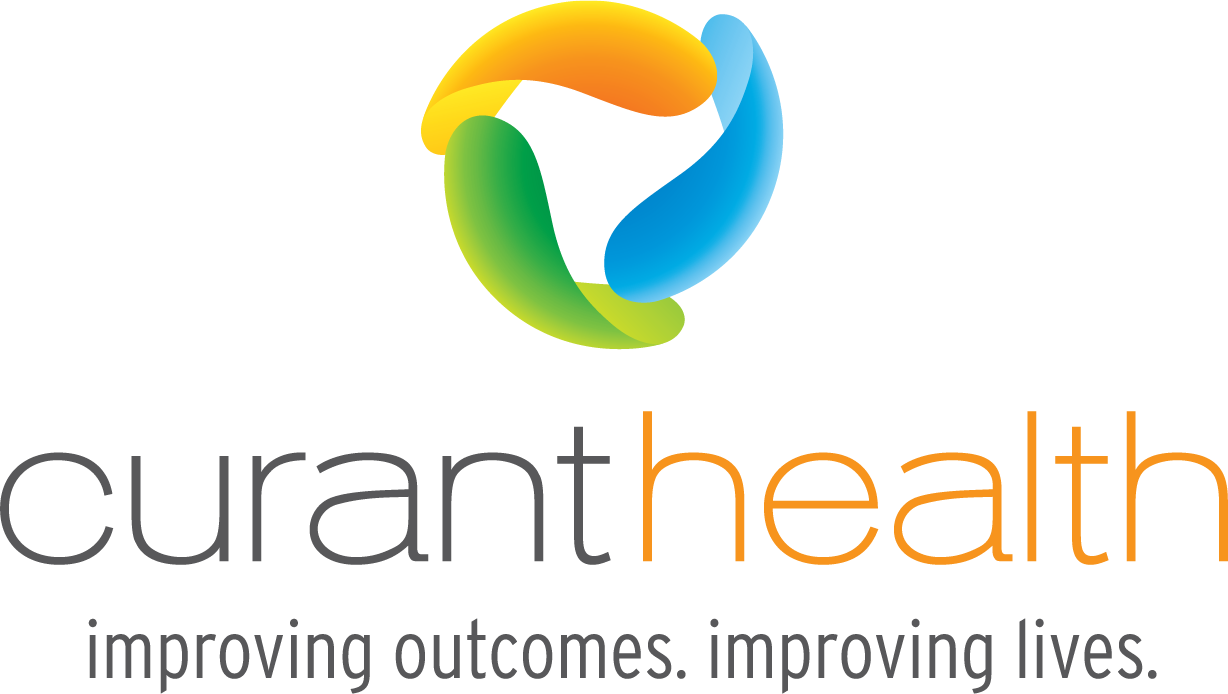Curant COO, Marc O’Connor, was recently featured in Specialty Pharmacy Times in a piece that highlights the futility of presidential candidates focusing strictly on pharmaceutical manufacturers as the primary source of healthcare’s woes.
It is true that companies such as Turing Pharmaceutical have the ability to cause a strong negative domino effect on patients with pricing decisions. In the case of Turing, former CEO Martin Shkreli announced a 5000% price hike on Daraprim, a drug used primarily in HIV treatment, earlier this year. This singular decision, in addition to creating significant additional expense for patients already saddled with pricey lifetime maintenance medication costs, provides ammunition for presidential candidates to label all pharmaceutical manufacturers as their "proudest enemies."
This now very public debate over the cost of drugs for chronic illnesses spurs further insight into how Americans really feel about the government’s intentions concerning healthcare matters.
An October 2015 Kaiser Health Tracking Poll shows that the cost of prescription drugs has risen to the top of the list of healthcare issues the public believes the president and Congress should prioritize. The report goes on to show that 62% of Americans believe there is not as much regulation limiting the price of prescription medications as there should be.
Voicing concern over the cost of medications is expected and some would say acceptable. However, the following three things are more presidential than simply pounding on manufacturers on price:
(1) Make value-equals-outcomes-divided-by-costs the national measure of value-based health care.
In the past, cutting cost was thought of as the only way to increase value. Now we understand that focusing on outcomes, in addition to cost, is a better solution for driving value. Defining and providing incentives for healthcare stakeholders that act to improve patient health outcomes, in conjunction with reduced cost, is a step in the right direction.
(2) Insist that the Centers for Medicare & Medicaid Services (CMS) focus on intent and commit to measuring outcomes.
What we do not need is a “black and white” list of rules and regulations that go unenforced by CMS. What we need is active support from CMS, including on its initiatives to improve the discharge process, by being patient- and care-team focused, as well as on providing an increase in non-face-to-face care coordination, via medication adherence.
(3) Lean hard on the longest lever available to reduce wasteful healthcare spending.
Discussing the cost of prescription drugs naturally leads to a discussion of the massive waste produced from medication non-adherence.
Research from the IMS Institute of Healthcare Informatics indicates total avoidable costs in US health care amount to $213.2 billion. Nearly half of those avoidable costs, $105.4 billion, are attributed to medication nonadherence. Fixing the problem of nonadherence will require significant effort, but it is entirely possible to take a massive bite out of $105 billion in avoidable costs for the benefit of all concerned.
If high-cost medications are not able to show proven value, manufacturers will be forced to accept lower payments or even no payments at all. Expending efforts to bash manufacturers is less than presidential. Instead, efforts need to be focused on alignment between pharmaceutical manufacturers and other healthcare stakeholders. CMS, being the nation’s largest payer, should initiate the change. The next President should ensure that the change is implemented effectively.
To read Marc’s article on things more presidential than bashing pharmaceutical manufacturers, visit Specialty Pharmacy Times.
